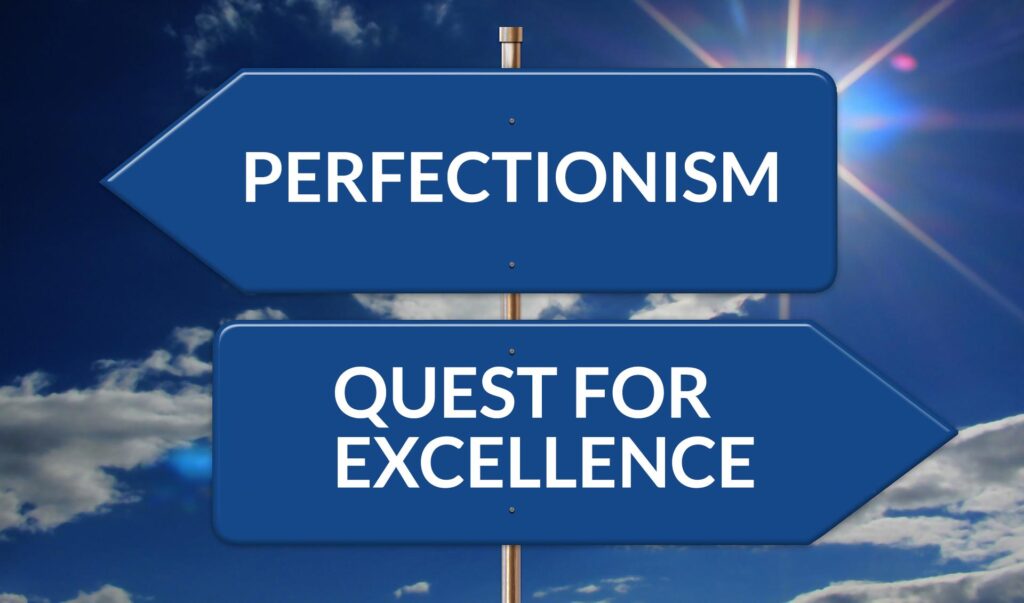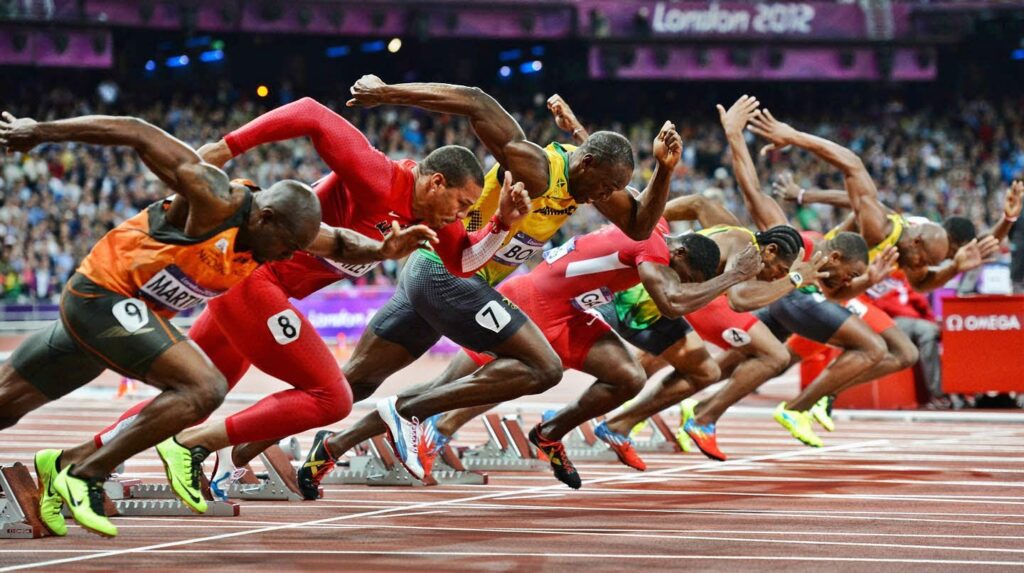David Schwartz in his book “The Magic of Thinking Big” says, “We must be willing to make an intelligent compromise with perfection lest we wait forever before taking action.” No other time has this been more relevant than in the business world of the 21st Century. The entrepreneur of today must seek perfection – a perfect product, perfect service for their customers, perfect working relationships with their employees and coworkers, and a perfect model for production, sales, and delivery.
This is a worthy goal, as Vince Lombardi says, “Perfection is unattainable, but if we chase perfection, we can catch excellence.” Schwartz’s phrase, “an intelligent compromise with perfection” is something that we should use to stay out of the pit of frustration that so many business owners can fall into. In this article, we will share some principles that anyone can apply in our search of perfection, so that we can “catch excellence.”
1.) A “fair” idea acted upon, and developed, is 100% better than a terrific idea that dies because it isn’t followed up on.
Action is what sets performers ahead of “idea people.” While thought-time is vitally important to an entrepreneur, we must get in the action habit. It’s been said that the largest square-foot area that contains the most talent is the graveyard, because so many people go to the grave with great ideas still inside of them. If we want to set our company apart from the others, we must be known as people of action.
2.) The test of a successful entrepreneur is not an ability to eliminate all problems before they arise, but to meet and work out difficulties when they do arise.
There will always – always – be rain. There will always be unforeseen circumstances, people problems, product crashes, environmental shifts in the business world, and personal issues that will come up. As this principle states, your goal should not be to eliminate these things from occurring – you don’t have that much power, to create perfection that way. Instead, as Chris Brady and Orrin Woodward talk about in one of their podcasts, you must control the controllable. When – not if – things get in your way, how long will you stay stirring and steaming “under the circumstances,” and how quickly will you push on and push over?
3.) If someone can do something 80% as well as you can, allow them to do it.
Delegation – every perfectionist’s biggest fear. Even managers who say that they don’t micro-manage people have an issue delegating important tasks. The 80% principle allows for something to be done well, but also allows margin for the action-taker that they’re not being held to unreasonably high standards. Margin for error is necessary in this compromise with perfection.
4.) Remember that Failure is an event, not a person.
Whether it is you or the people that are on your team, it’s easy to shift blame to a person when something goes wrong. Making an intelligent compromise with perfection necessitates that we allow small failures to be part of the success process. When we see ourselves (or those working for us) as failures instead of people who have failure events, it handicaps progress. Progress can only occur once the search for perfection fails.
5.) “A company’s only competitive advantage is their ability (willingness) to learn faster than the competition.” – Peter Senge
Continuous learning has become a buzzword in corporate America, but it has always been a requirement for success. Thomas Jefferson was quoted as saying, “When I receive money, I buy books; if there is anything left, I buy food.” Reading books and articles, listening to audios and podcasts, attending seminars and conventions – these activities will keep you and your staff at the front of the line because there will be constant growth. A stagnant pond doesn’t usually draw a crowd, and a stagnant company will not draw new customers.
In conclusion, I encourage you to make this intelligent compromise with perfection in every area of your life – in your family, your thinking, your business, your team, your friends, and even in your golf game. Chase perfection, settle with excellence, and reap the rewards of this fulfilled and satisfied compromise.
iSeek Solutions’ pursuit for excellence is evident in every client engagement, partner and colleague relationship, and peer-to-peer interaction. We are driven by our passion to equip every client with the tools and know-how to align, optimize, empower, and succeed. Learn more about iSeek’s services and resources by contacting us directly at info@iseeksolutionsinc.com, visiting our website, subscribing to our blog, or following us on LinkedIn.

